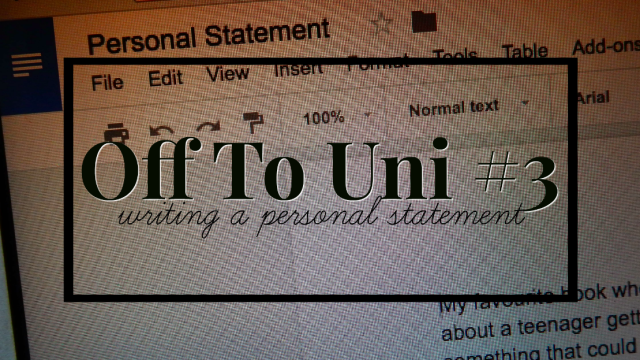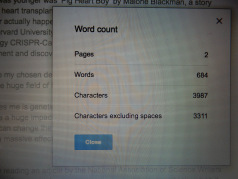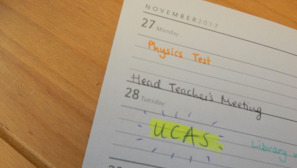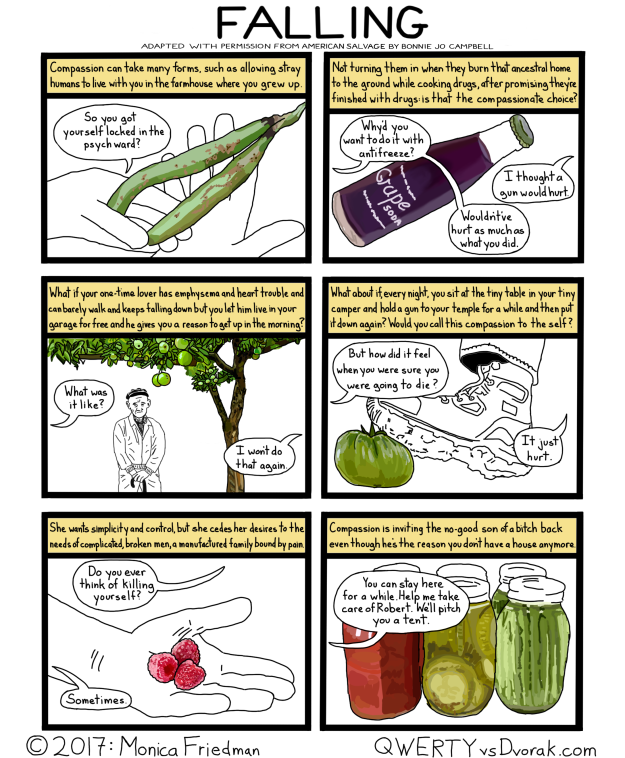The words ‘Personal Statement’ are probably enough to strike fear into most students hearts. What do you mean we only get 4000 characters to help determine the rest of our lives? Who thought this was a good idea? I recently sent off my personal statement, so I’m going to share my tips on writing a good (I got all my offers, so it must have been okay right?) personal statement!

1. Make it personal.
Really, the main point of a personal statement is to give universities an idea about who you are and why you’re passionate about the subject. It’s called personal for a reason. Therefore, a good frame-work to follow is that the statement should be 80% about the subject and why you love it and 20% about you, unrelated to the subject. Real personal.
One of my favourite parts of my personal statement was where I spoke about a book I loved when I was little which directly related to my subject. This allowed to me show my long-term passion for the subject, while it also being personal to me. Having something like this to write about will also help you find the flow of writing – after all, this was the very first thing I wrote in my personal statement and set the ‘tone’ for the rest of it.
2. Ignore the word count… to begin with.

When I wrote the first draft of my personal statement, I ignored how many words I wrote. I had a vague idea of what I wanted to write, and I wrote until it was all down. It turned out to be about 5200 characters and therefore forced me to do a lot of cutting down, however it meant that everything I wanted was included and allowed me to be more objective about what I was going to cut out.
I eventually ended up cutting whole paragraphs in order to fit the word count, but the 80:20 rule really helped me to ensure I included the right amount of information about everything I wanted to include.
3. Choose the right teacher, and not too many.
Some of my friends gave their personal statement to every teacher that would read it. When they got their drafts back, many teachers directly contradicted each other, resulting in a serious headache and freak out from my friends.
Due to this, I would recommend choosing 1 (or 2 max) teachers that you really trust to go through what you’ve written. Despite wanting to taking biological science, I didn’t give my biology teacher my statement, instead giving it to my sociology teacher and head of UCAS. I knew he had lots of experience with personal statements, so trusted him to help me out.
4. Don’t lose sleep over it.
I probably should have given my statement to my biology teachers, however, I couldn’t help to think about the fact that I want to take a science subject – realistically, my personal statement is not going to be a determining factor as to whether or not I get an offer. As long as I wrote one, showed an interest in biology, and had good enough predicted grades, it would probably be fine.
Of course, it’s slightly different with humanities subjects, but at the end of the day, a personal statement is never going to be perfect and therefore you really shouldn’t panic or lose sleep over it. It will be fine.

5. Set yourself a deadline – and stick to it.
I could have kept tweaking my statement until the day of the UCAS deadline. Give yourself a date to send it in by to reduce stress and allow for things going wrong, like UCAS being down and that sort of thing.
6. Writers block will pass (here’s some inspiration, just in case).
Everyone gets 100 words in and then freaks out thinking that they have nothing to worry about. Here are some quick questions that you can answer in your personal statement, if you’ve run out of ideas a few characters too early.
So there we go, these were all the tips I would have found useful when writing my personal statement. I’m super interested in hearing about people in the same position as me, so if you’re also applying to uni this year, leave a comment down below! See you soon.
twitter || instagram || pintrest
Advertisements Share this:




